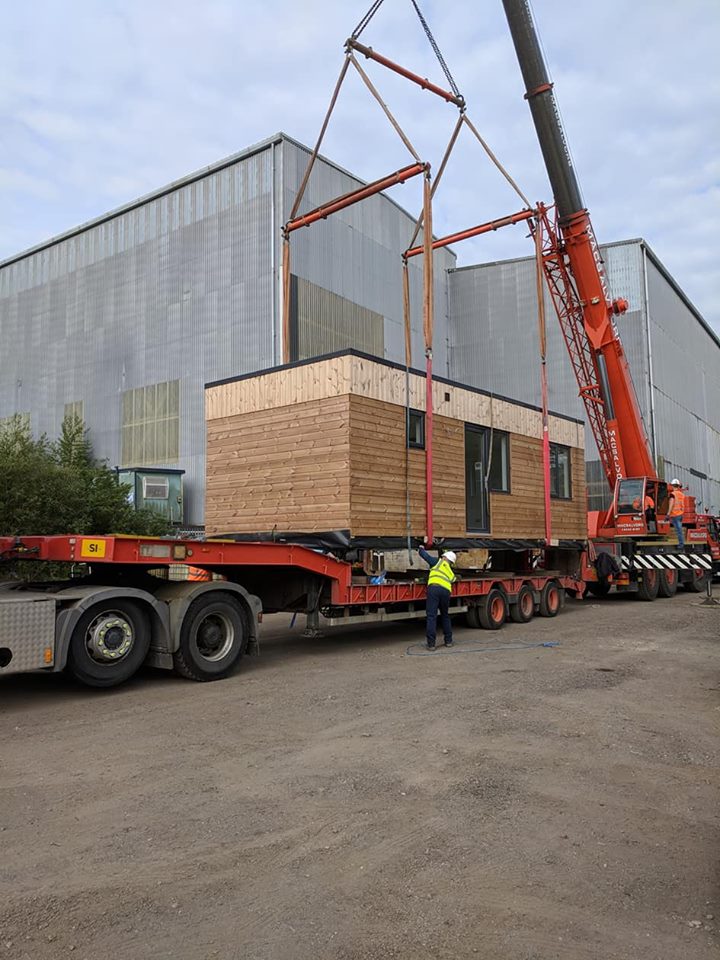The move of construction works using tradespeople performing site based works (either subcontract or direct for main contractors) to a factory based production line is not going to be as easy as many might think.
Offsite certainly has a lot of drive at the moment and some may believe there are substantial financial rewards for those that win the larger contracts, which means there will be a lot of new companies being formed and sales departments seeking the big deals.
If you think of it in simple terms, all that is needed is a formula for costing modules or wall panels, then scale it up for larger projects and it should all fall into place with a mass production economy of scale and profit margin to suit.
However, some may be too hasty to agree deals where they have underestimated the scale of works involved in the project delivery.
Billions are being invested in developing new factories, researching systems around the world, building corporate management teams, importing machinery and negotiating contracts. And why not if it is as simple as factory car production, where they just roll off the line and get delivered to site in the chosen finish?
The area I believe it will not be as simple is the variables, of which there are so many to check and it takes experienced teams to identify them. The knowledge takes years to build up and is often dependant on location. Where some may deal with projects down narrow lanes, others deal with motorway routes, some may have to deal with sloping sites whilst others have flat sites and so on. It is essential to identify at the point of sale where there is soft ground, overhead cables, access routes, turning points, understanding low loaders, cranes, using curtain side trucks or flatbeds, loading and unloading methods and weights etc. This is to name a few of the variables just involved in the transportation and then there are the extensive variations of product specification, client requirements, delivery schedules, how these affect production rates and then the material purchasing, storing and labour, design and engineering resources etc. etc.
This knowledge, skill set and experience cannot simply be brought in like a factory production line from overseas, but it can be found in many of the smaller local companies involved with MMC and offsite in every county, whether the company supplies steel frame, timber frame, panelised products, volumetric or modular units.
One of the best ways to source these companies is often through a local framework or procurement group.
Now is a good time for Councils, Leps, Housing Associations, Investors, Developers and Clients to collaborate with their local SME’s that are keen to grow, looking for the consistent pipeline, support or investment that will enable them to create better job’s, develop training schemes, take on apprentices and source improved machinery with a development plan for the future.
The writer of this article is Stephen Boyd MCIOB Managing Director of Building With Frames who’s services are available through the LHC South West NH2 framework agreement.
www.buildingwithframes.co.uk
